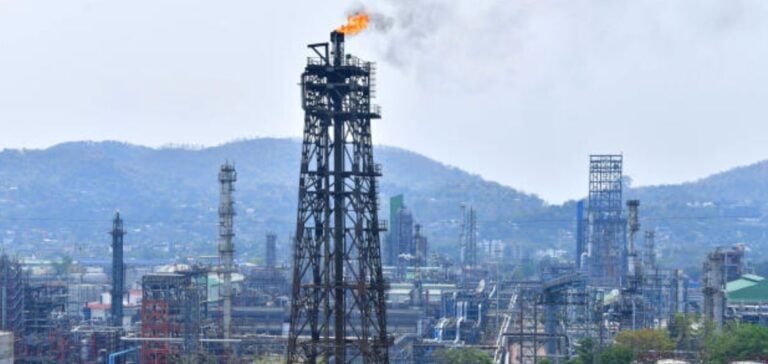Hardeep Singh Puri’s reappointment as head of India’s Ministry of Petroleum reflects the government’s desire to ensure continuity in its energy policy. According to analysts, this decision should make it possible to continue efforts to diversify crude oil supply sources, while maintaining affordable prices on the domestic market.
Proactive oil diplomacy
Before the conflict in Ukraine, over 60% of India’s crude oil imports came from the Middle East region. However, in 2023, Russia contributed 40% of the country’s total crude imports. Hardeep Singh Puri has defended this diversification of supply sources, claiming that it has helped stabilize world oil prices while keeping tariffs affordable for Indian consumers.
A focus on national production
One of Hardeep Singh Puri’s key challenges will be to revive the country’s oil and gas production, which has been in decline in recent years due to the depletion of mature fields and the lack of new discoveries. The government aims to increase the share of natural gas in the country’s energy mix to 15% by 2030, compared with around 6% at present.
Fiscal and environmental issues
The industry will be closely monitoring Hardeep Singh Puri’s actions regarding the inclusion of oil and gas prices in the GST tax regime. In addition, the Minister will have to reconcile energy security objectives with the green energy transition, in line with the vision of a sustainable and prosperous Indian economy.






















